Gender-based Violence
This collection contains programmatic resources to address gender-based violence (GBV) during COVID-19.
This collection contains programmatic resources to address gender-based violence (GBV) during COVID-19.

This video, by Dr. Basudev Krishna Shastri, condemns child and women abuse that has been occurring in Nepal during the COVID-19 pandemic.
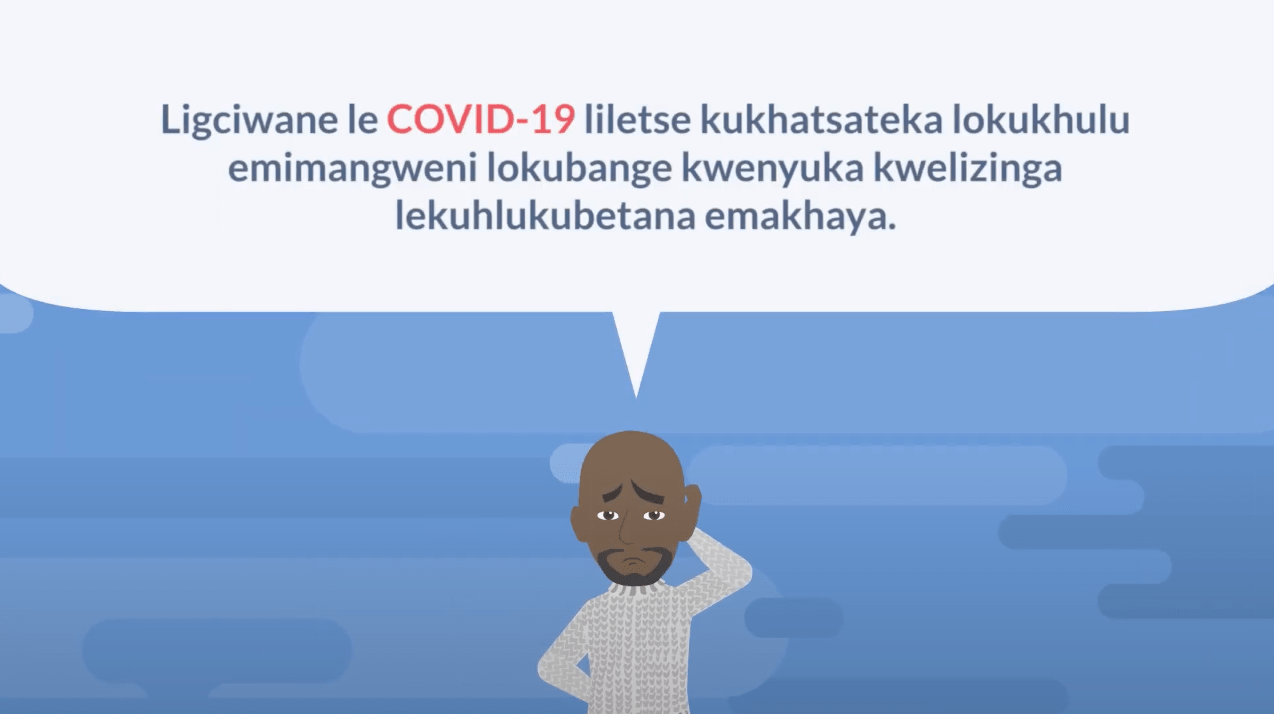
The short animated gif/video in English and Siswati was developed for men to prevent domestic violence. It outlines six key steps men can take to help them from acting violently, and includes contact details of locally available services for help. The video was designed to be distributed through social media platforms.
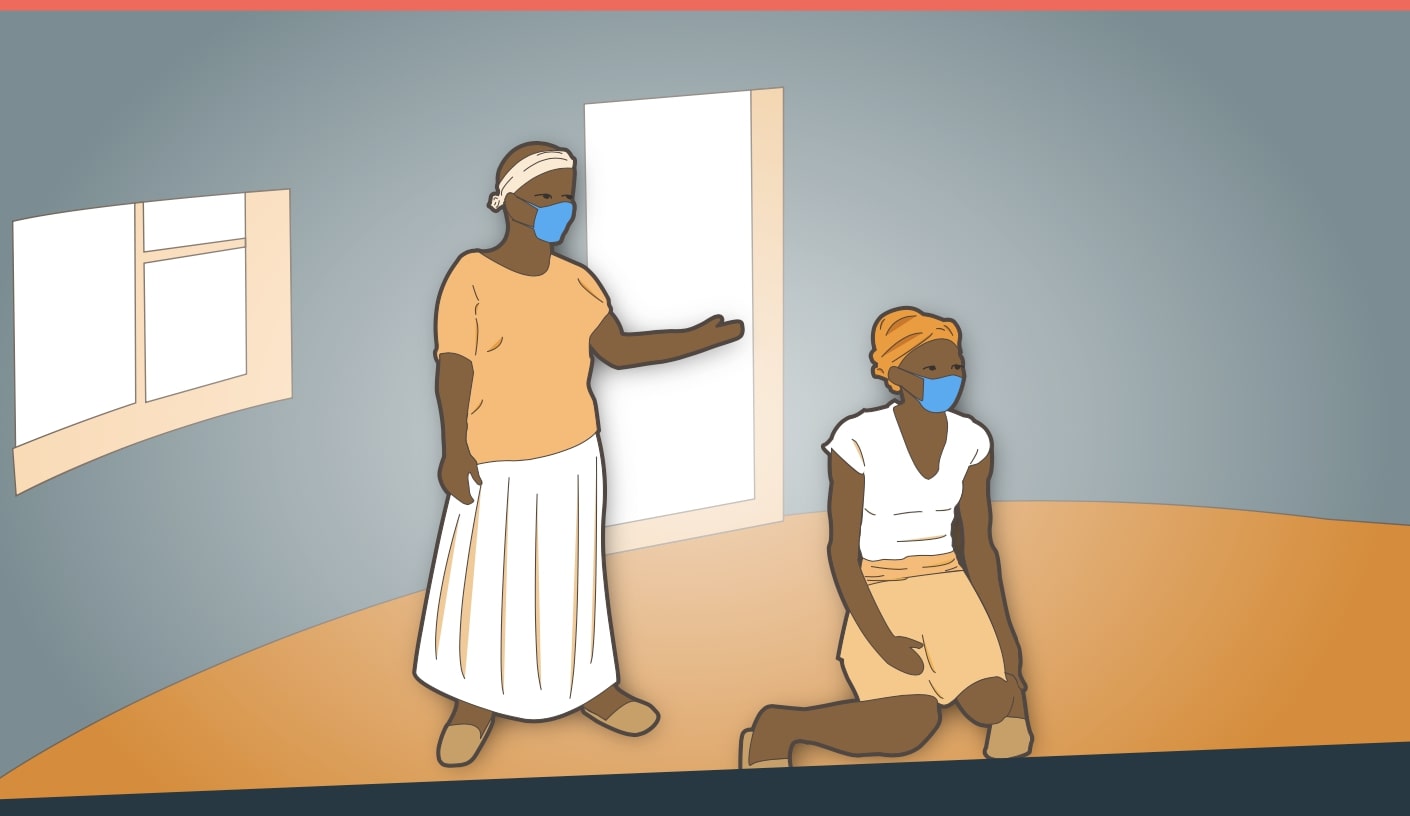
The poster “You Are Not Alone: Help Is Available If You Experience Violence or Abuse”, available in English and Siswati, targets women and families to have a safety plan and access local violence/abuse support services. The material was developed as a response to a noted increase in domestic violence due to COVID-19 lockdown period.
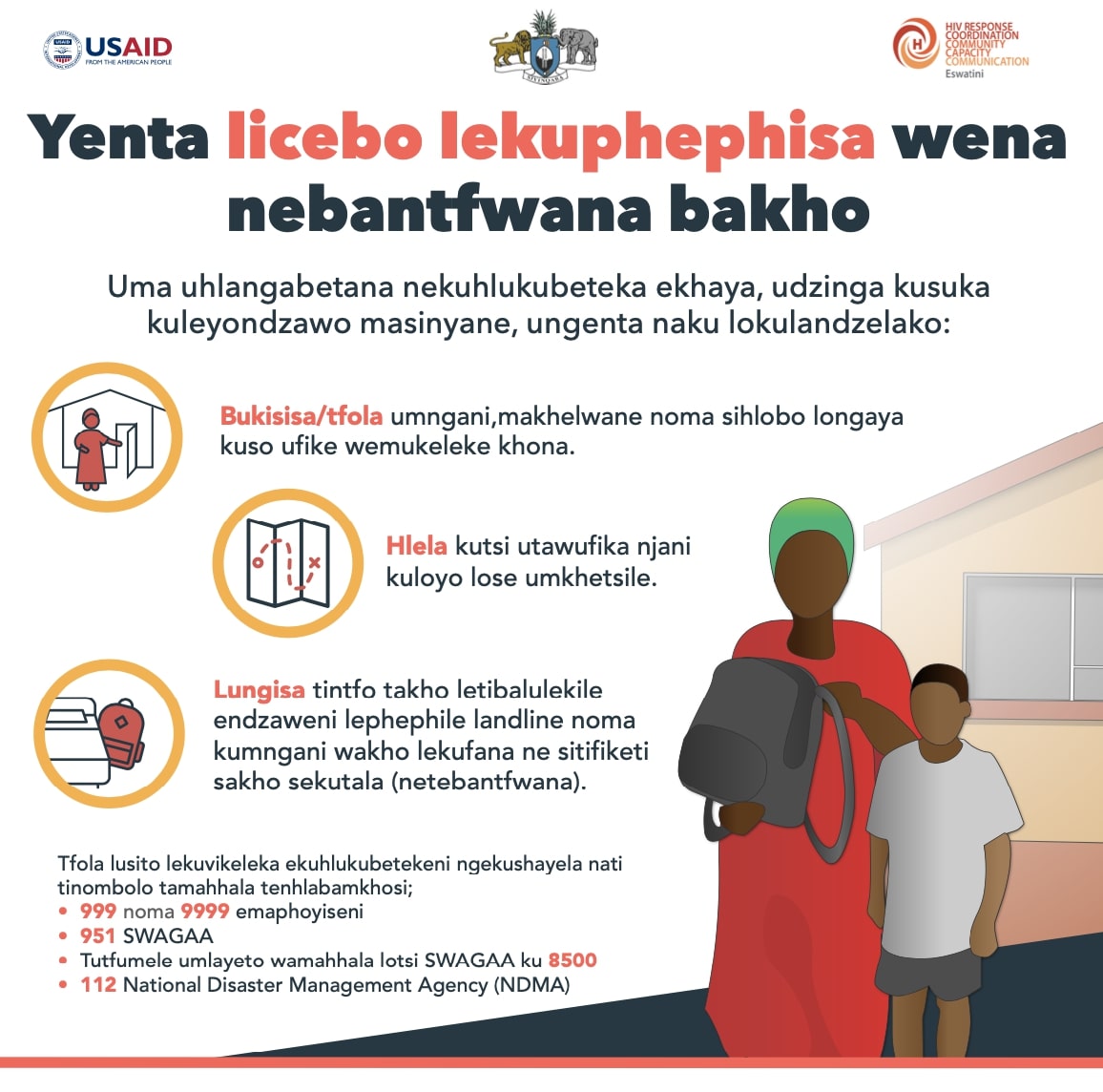
This poster, available in English and Siswati, targets women and children in Eswatini who may be experiencing violence at home. The key message highlights the importance of having a safety plan if women and children need to leave in a hurry because of abuse or violence.
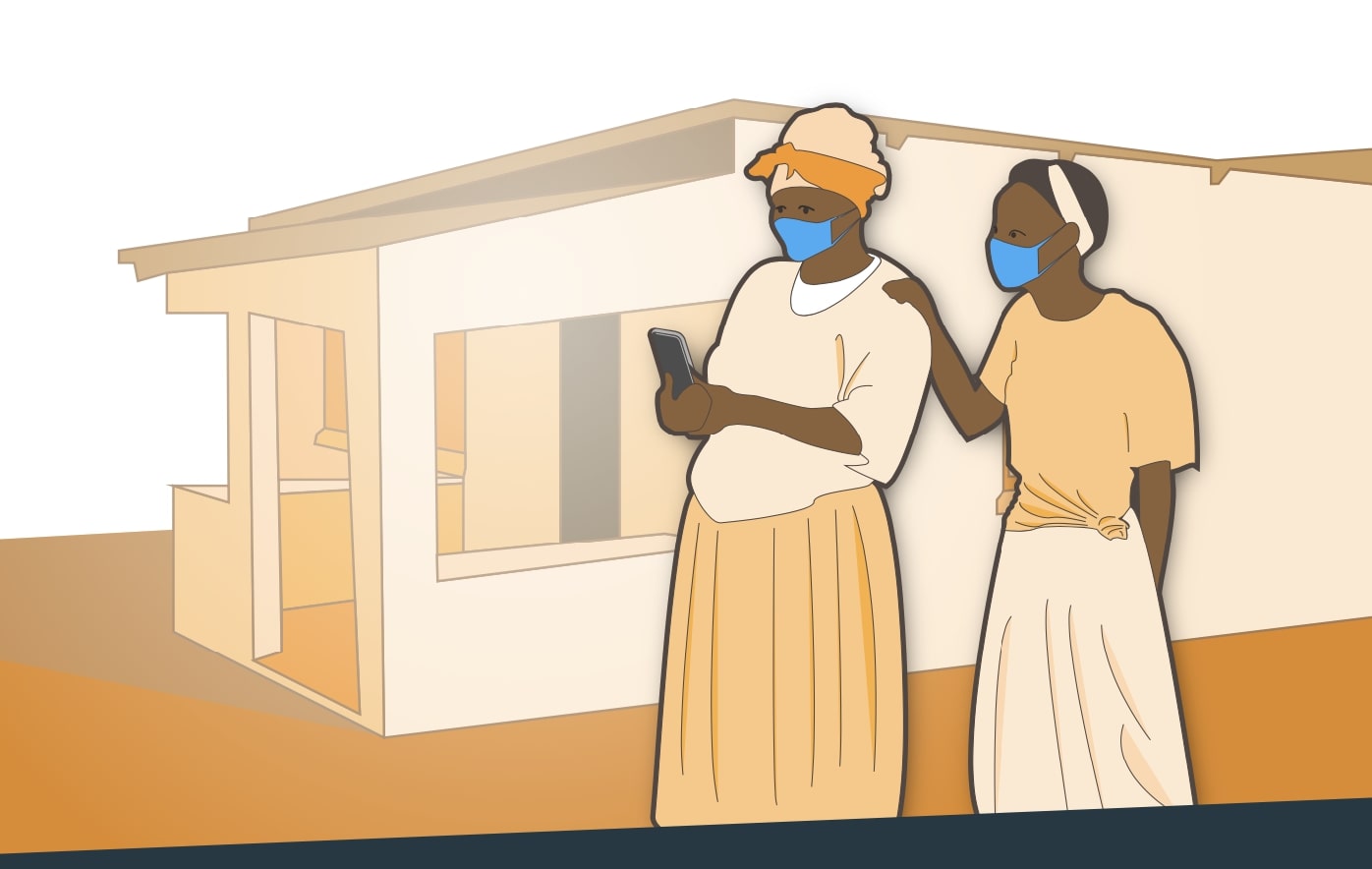
This poster targets women and children who may be experience abuse or violence in the home.
The key messages, in English and Siswati, encourage women to reach out to supportive family, friends, or neighbours for support, provide local emergency contact numbers to call, and to seek out locally available support services.
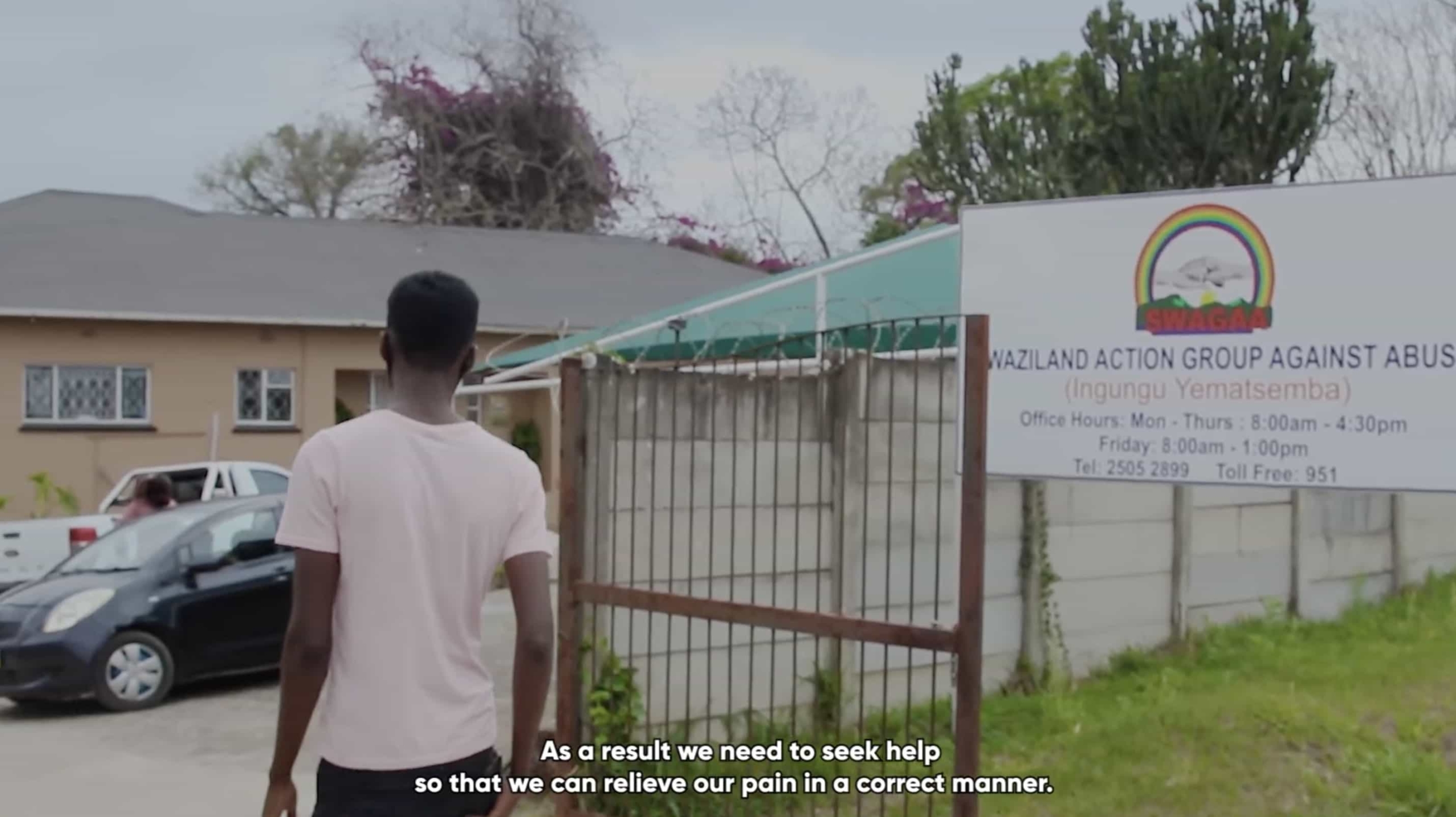
This short video is targeted to men to prevent violence and abuse and encourage them to seek help.
Spoken through the compassionate words of a Swaziland Action Against Abuse (SWAGAA) male counselor, men are encouraged to take proactive action to prevent violence by expressing their emotions and reaching out for professional support services available in country.

Women have shown better COVID-19 outcomes than men – in part thanks to an additional X chromosome and sex hormones like oestrogen, which provoke better immune responses to the virus that causes COVID-19. But any such advantage is reversed when it comes to the social and economic effects of the pandemic; here the brunt falls heaviest on women.
What has disproportionately affected women is insecurity and loss of employment because women tend to work in informal sectors with no financial protection or benefits.
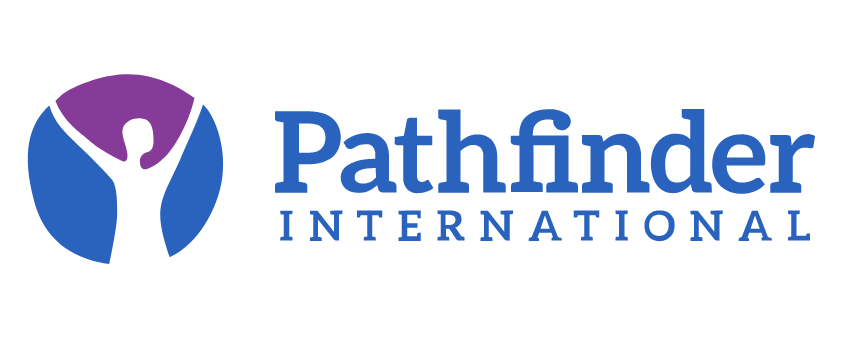
This document provides guidance on how to safely deliver gender-based violence (GBV) services during the COVID-19 pandemic. The document offer guidance to ministries of health, policymakers, service providers, and other implementing partners on how to continue to safely deliver GBV services during COVID-19. The evidence-based documents are drawn from data and guidance from the World Health Organization, the United Nations Population Fund, and the Centers for Disease Control and Prevention.
This tracker, produced by the Kenya Ministry of Health in partnership with USAID, follows media coverage of COVID-19 in Kenya, offering information about the source, topic, and author. Several key topics the tracker covers include: economics, innovation, gender-based violence, aid, response, risk factors, etc.
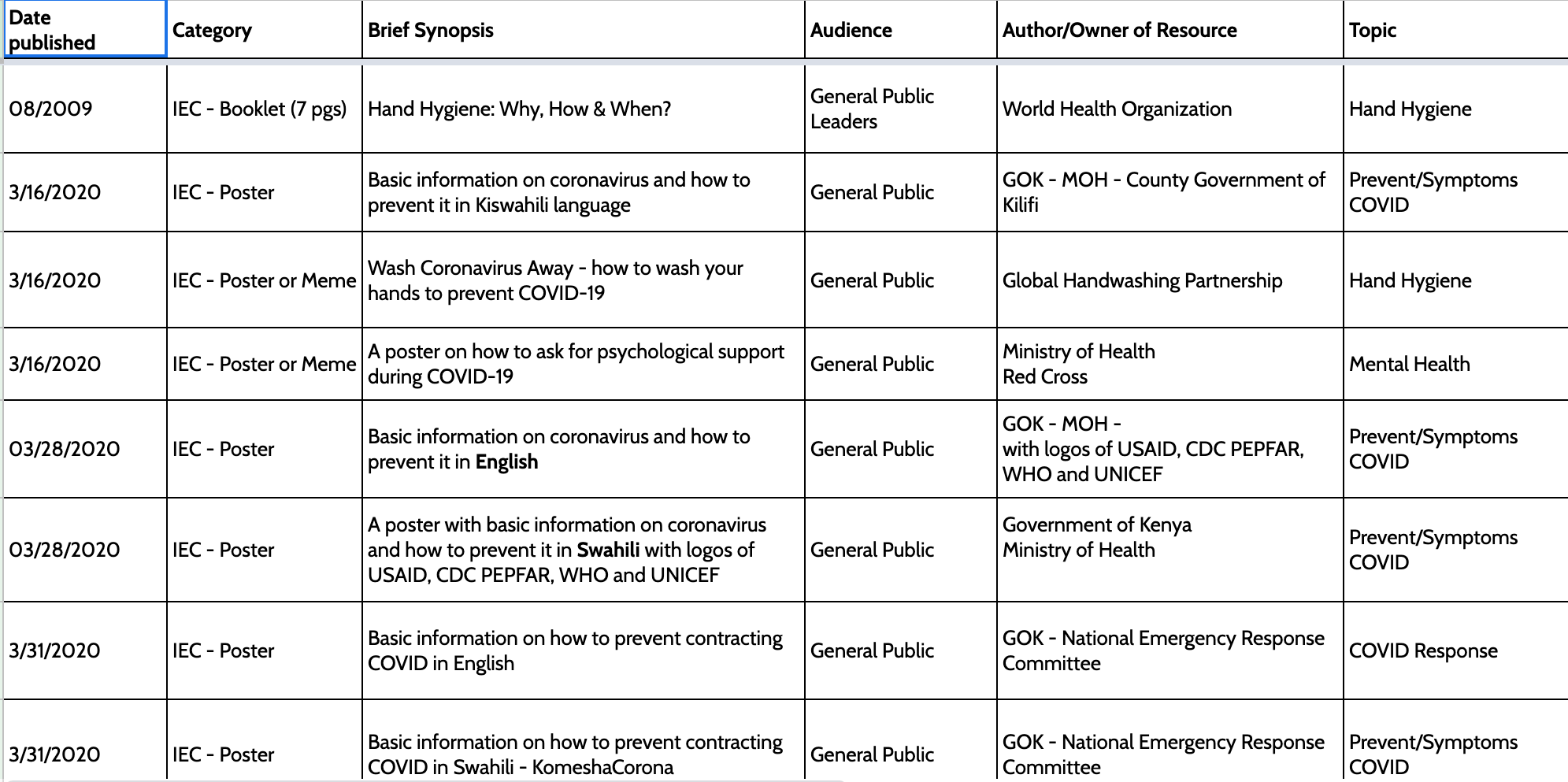
This tracker lists over 100 COVID-19 social and behavior change materials produced in Kenya and in other countries.
The list includes posters, pamphlets, radio ads, television ads, videos, posters, memes, and other media produced to introduce various aspects of COVID-19 to the public.
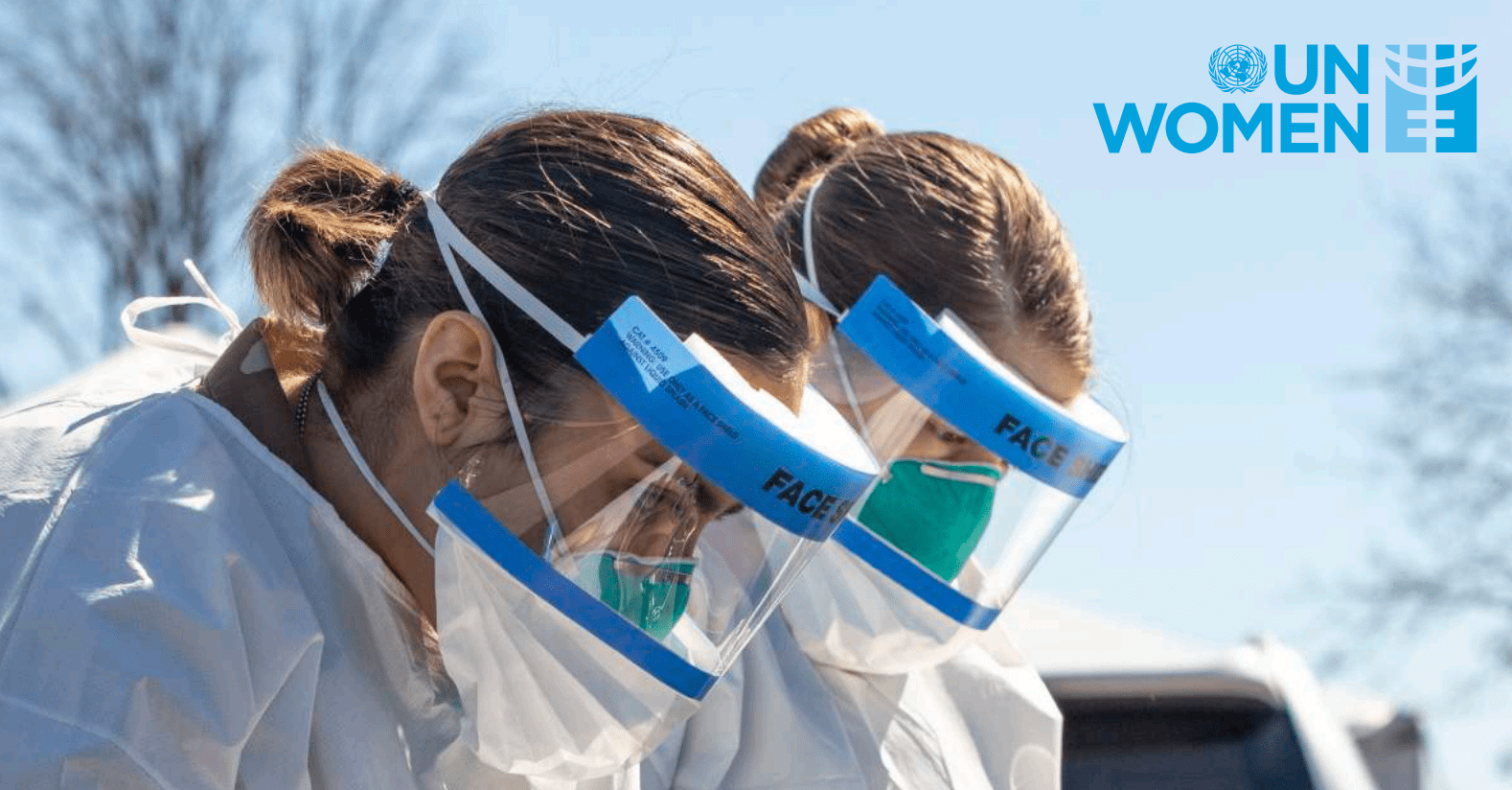
This is a living document outlining the current evidence on GBV during COVID-19 as well as innovative solutions and recommendations for organizations to integrate GBV support into their COVID-19 response. It makes recommendations to be considered by all sectors of society at the onset, during, and after the public health crisis with examples of actions already taken.
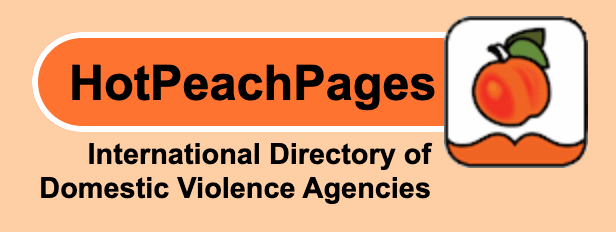
This website contains abuse information and support for every woman and every girl on Earth. The site offers links to abuse information in over 110 languages and information on abuse help agencies for every country in the world.

This is a list of country domestic violence helplines compiled by UN Women. There is also a list of agencies if a particular country does not have a helpline. Visitors can also submit a confidential individual complaint form to the Special Rapporteur on Violence against Women, Office of the High Commissioner for Human Rights.
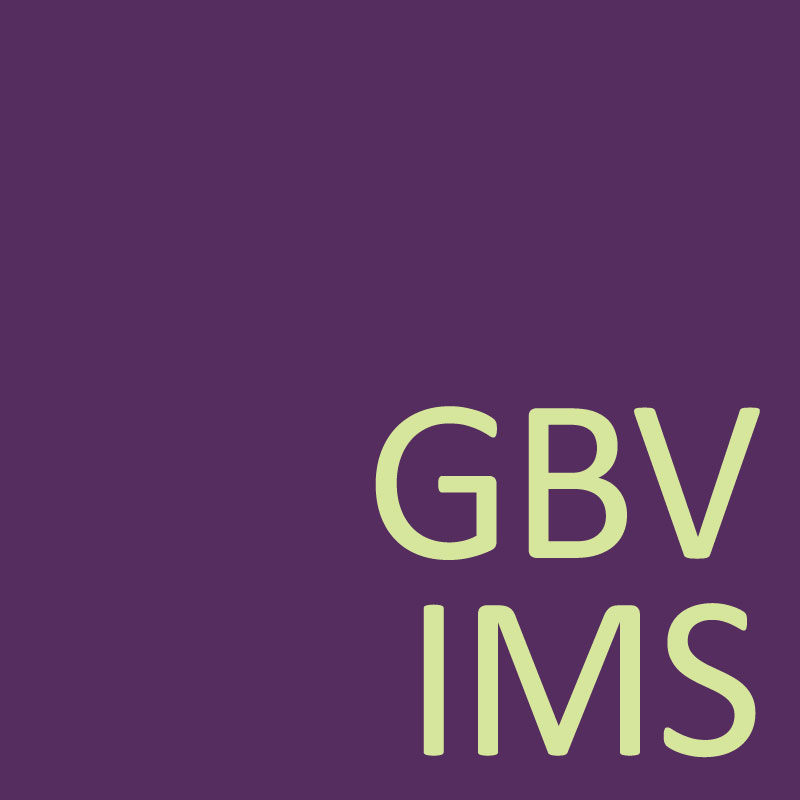
The GBVIMS Steering Committee has put together a series of video shorts and podcasts on remote GBV case management in the context of the COVID-19 response. The series is aimed at supporting GBV caseworkers and supervisors to adapt their service provision in the context of governmental policies imposed in response to the COVID-19 pandemic, such as movement restrictions, confinement, lockdown or other containment strategies.
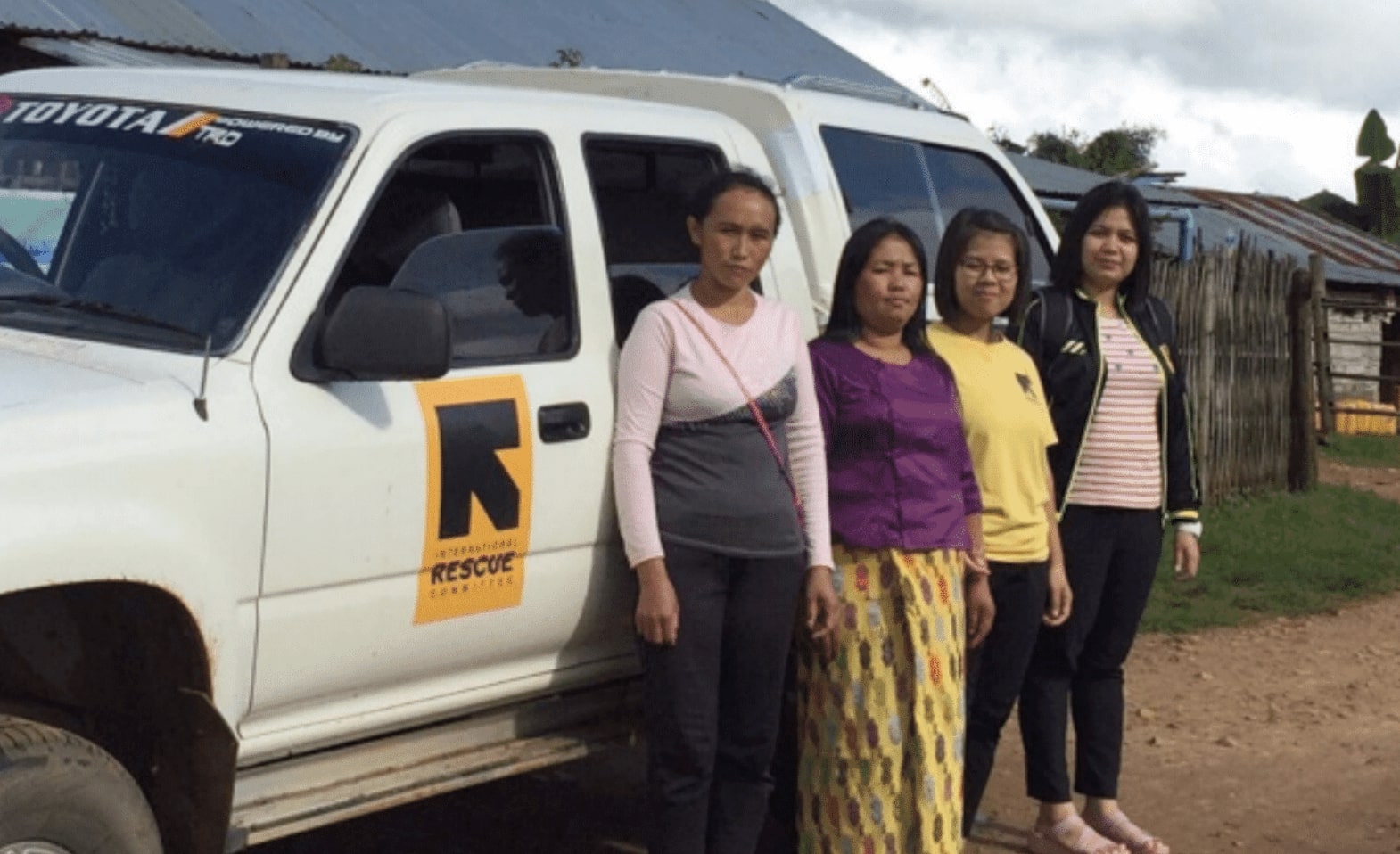
This resource provides guidance on establishing GBV mobile and remote services, in order to provide case management, psychosocial support, and referrals to meet the immediate needs of GBV survivors. Such services should be established in settings where traditional services based in static centers with continuous access to trained caseworkers cannot be setup or consistently accessed due to the nature of displacement and/or ongoing insecurity that hinders both humanitarian access and the displaced population’s movement